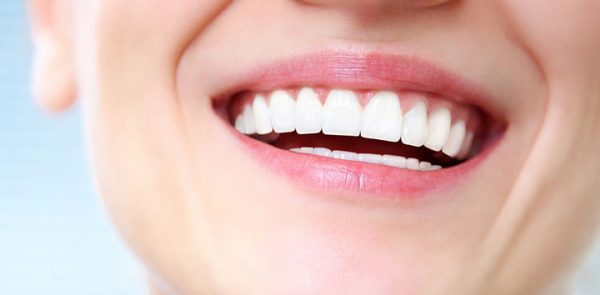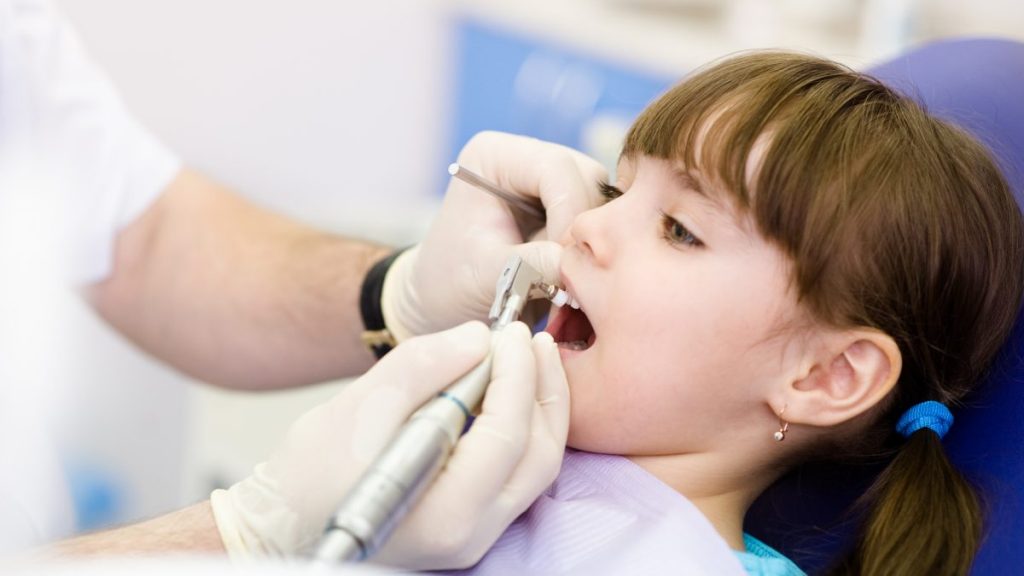Insomnia causes and solution
For those who suffer from the most widely recognized sleep disorder, insomnia, the purposes behind their situation can contrast. A few people experience problems starting sleep. Others have unrefreshed sleep or stir too soon and can’t return to sleep, while others have frequent awakening during the night time. An expansion in truancy from work, and a decline in personal satisfaction is additionally normal, and insomnia happens in grown-ups and also kids. Insomnia causes psychological challenges in these people from the absence of invigorating sleep and may feel as though they are skimming through life in a fantasize or existing outside of time.
Temporary Insomnia
For around 33% of grown-ups with transitory insomnia, otherwise called transient insomnia, the condition Transient insomnia and things to typically just keep going a couple of days. sometimes worried because of work or home, or maybe a critical upcoming plan, starting sleep can be a Herculean assignment. Numerous insomniacs report not having the capacity to “turn off” their brains.
Many people who suffer from insomnia the main reason is that they are worried about their tomorrow’s task. So when they go to bed those things bother them and they fail to get out of it. So here we suggest our patients in our lab write down everything they needed to accomplish in the next day. Every important thing that you need to do tomorrow is safely written down on the notepad. By doing so those things don’t bother you during your sleep. In fact, you feel more relaxed and sleep was usually forthcoming
Chronic insomnia
Around 10 percent of grown-ups experience the ill effects of chronic insomnia. Insomnia may require treatment in the case that it is longer-enduring or chronic. Individuals with insomnia may feel depleted and grumpy during the day and may experience issues remaining concentrated or focusing on undertakings at home or in the working environment notwithstanding making blunders. Different side effects incorporate memory issues, weakness, and feeling unmotivated. They may encounter outrageous mood changes and have headaches. A standout amongst the most unsafe circumstances they encounter is drowsy driving. Individuals with insomnia likewise feel deep frustration as they tend to stress over not being able to sleep.
Sleep Disorder Centre Geelong
At our dental sleep clinic, we suggest our patients follow 5 steps to better sleep
- Allow enough time for sleep.
- Avoid heavy meals, alcohol before sleep.
- Make sure your bed is clean, dark and peaceful.
- Avoid electronic devices such as TV, Laptops and mobile gadgets before going to bed.
- Avoid work out 3 hours before going to bed.
Sleep Apnea and Insomnia
An expected 22 million Americans have snoring and obstructive sleep apnea (OSA). OSA impacts a person’s breathing during sleep whereby air can’t stream regularly into the lungs. The block in airflow – the block – is commonly caused by the damage of the delicate tissues in the back of the throat and tongue during sleep. The back of the throat region is otherwise called the upper airway. OSA can happen several times each night. Additionally, half of the individuals who snore have OSA. some un-diagnosed. Other medical problems, similar to indigestion, asthma may also be connected.
How do sleep clinics treat insomnia?
Insomnia is a typical sleep disorder that can make it difficult to fall asleep, hard to stay asleep or make you wake up early and not able to return to sleep. Cognitive behavioral therapy for insomnia called CBT-I is a compelling treatment for chronic sleep issues and is generally prescribed as the first line of treatment.
Cognitive behavioral therapy for insomnia is an organized program that encourages you to identify and replace thoughts and behaviors that reason or exacerbate sleep issues with propensities that advance good sleep. Not at all like sleeping pills, Cognitive behavioral therapy encourages you to overcome the basic reasons for your sleep issues.




















